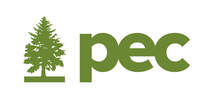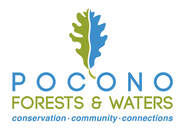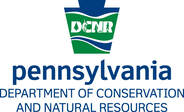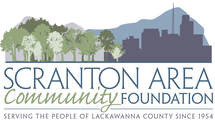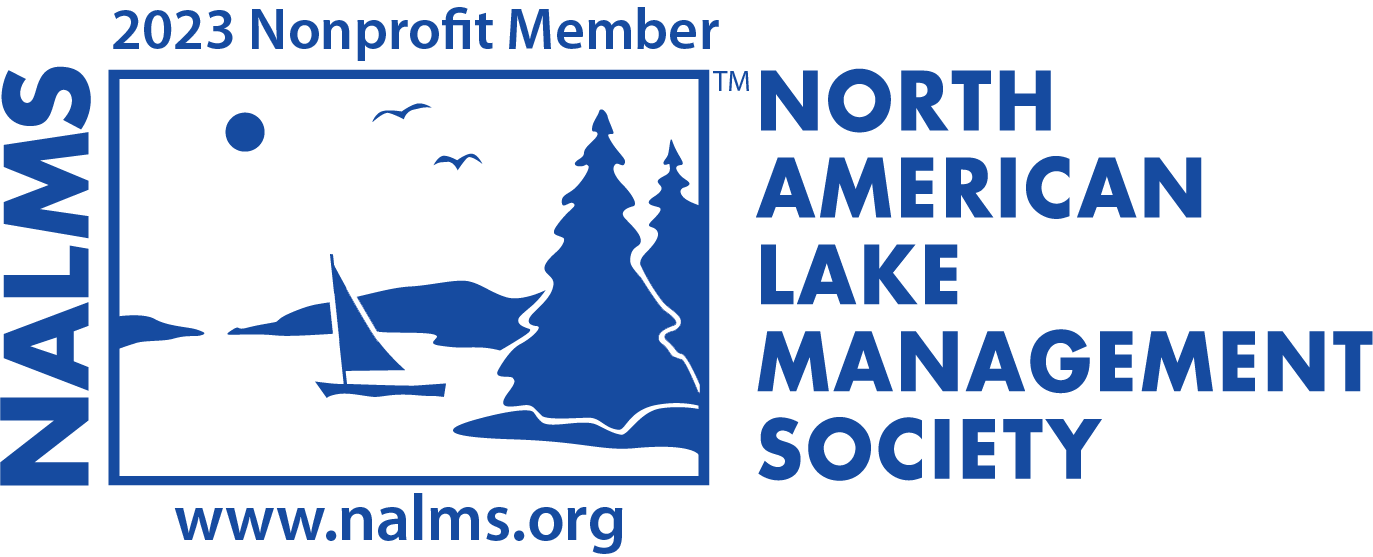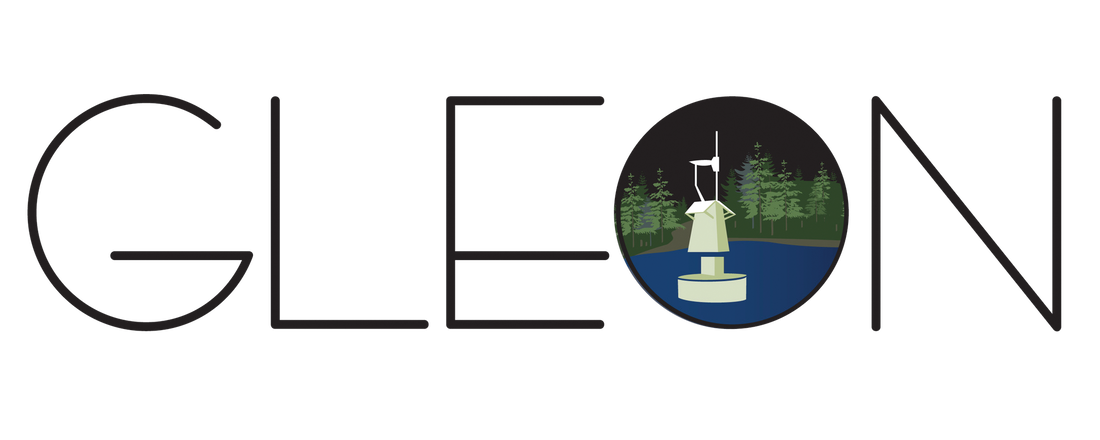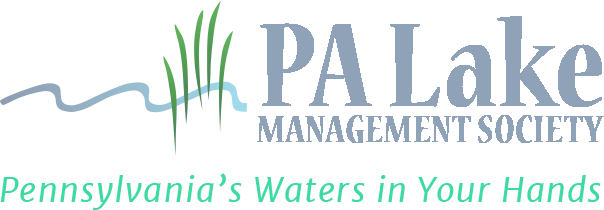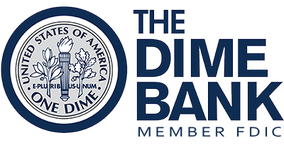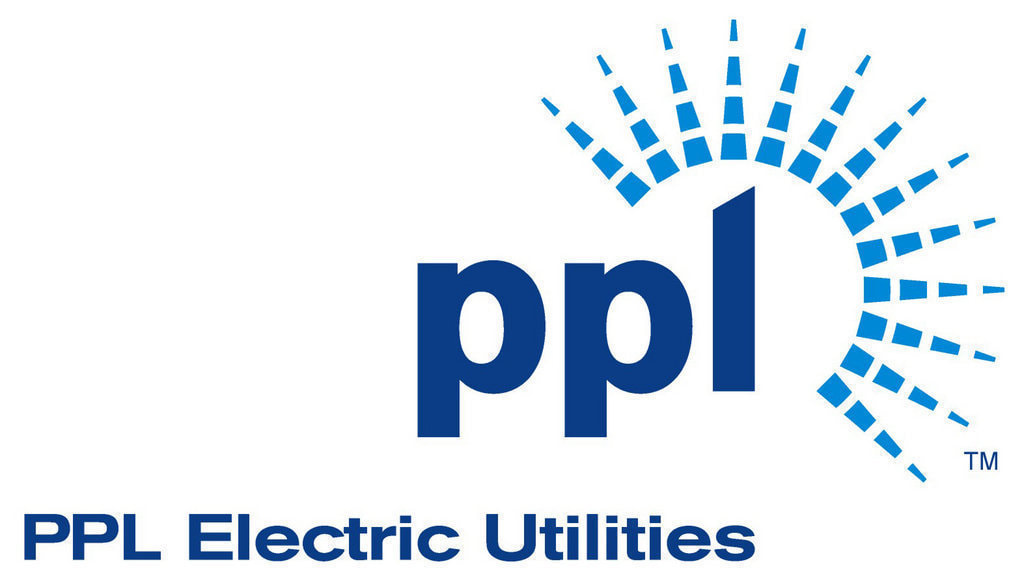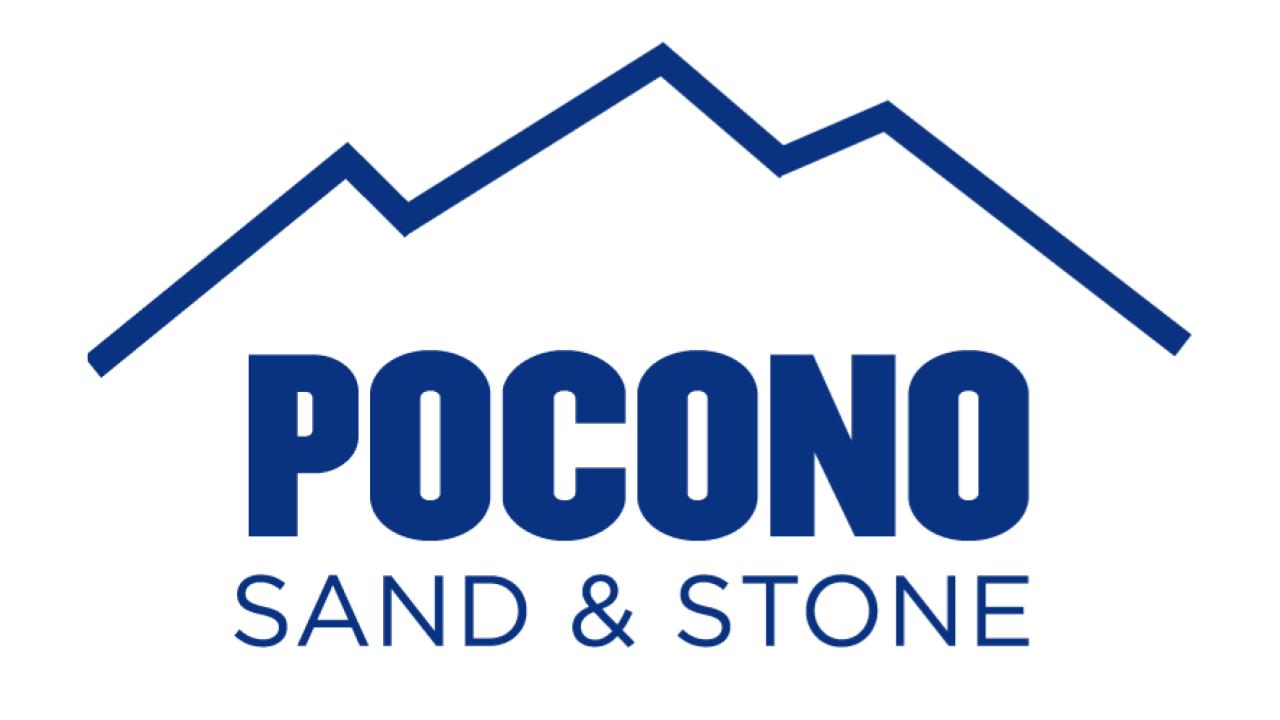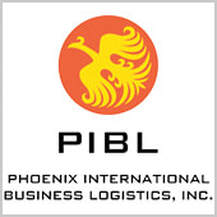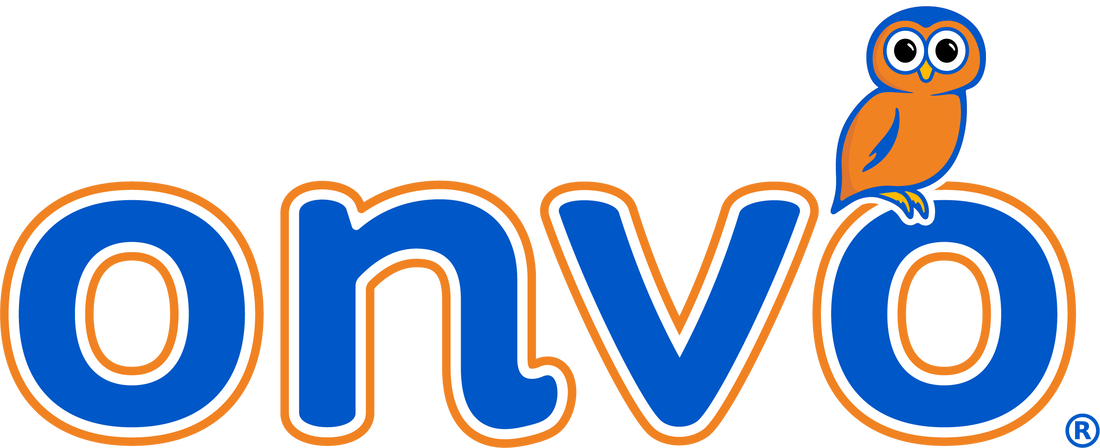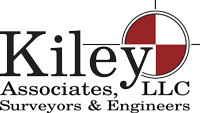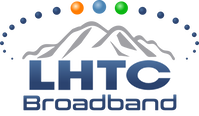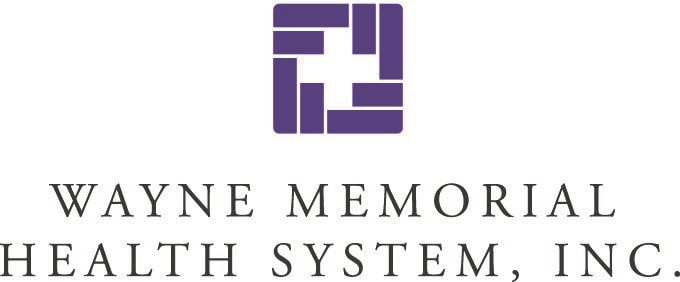Community Science
Citizen Scientist
Contribute to PLEON by becoming a Community Scientist!
Community science is a method of scientific investigation that relies on the public to collect data. Think of it as crowd sourcing data collection. Community Scientists have helped advance science in many fields including ecology.
PLEON is recruiting Community Limnologists (scientists who study lakes) to help us monitor water quality in the Poconos. We provide the training and you provide the data! Our programs are ideal for individuals, families, and groups. Many of our programs are great for science projects as well.
Community science is a method of scientific investigation that relies on the public to collect data. Think of it as crowd sourcing data collection. Community Scientists have helped advance science in many fields including ecology.
PLEON is recruiting Community Limnologists (scientists who study lakes) to help us monitor water quality in the Poconos. We provide the training and you provide the data! Our programs are ideal for individuals, families, and groups. Many of our programs are great for science projects as well.
LAKE WALLENPAUPACK WATER QUALITY IN ACTION PROGRAM
LEAD SCIENTISTS: Dr. Beth Norman, Lacawac Sanctuary
WHY COMMUNITY SCIENCE IS IMPORTANT
PLEON’s hands-on, community-led water quality monitoring program connects scientists who study lakes with the communities who live on and enjoy lakes. Too often, these two groups are isolated from each other. Scientists can struggle to communicate effectively with non-scientists while lake communities can feel as though scientific data are inaccessible and unintelligible to “regular” people. This disconnect can have real consequences for lake communities facing emerging management challenges.
We believe that these groups have much to learn from each other during this time of rapid environmental change. Members of lake communities are often the first to notice changes in water quality, information that is vitally important to scientists attempting to understand how lakes respond to environmental pressures. Lake scientists have the training and expertise to interpret water quality data and place these data in a larger context. Working together, these groups can advance our understanding of effective lake management and preservation.
LAKE WALLENPAUPACK
Lake Wallenpaupack is the 3rd largest lake in Pennsylvania and a major source of tourism and recreation in the region. Wallenpaupack has 5,700 acres of open water, a length of 13 miles, 52 miles of largely residential-developed shoreline, and a 219 square mile watershed. Wallenpaupack’s irregular shape leads to differences in water quality across space. Working together, citizen scientists collect data from many locations many times over the summer, capturing water quality dynamics over large spatial scales. These data can then be used to identify pristine or problem areas and identify changes in water quality over time.
JOIN THE CREW
New volunteers are always welcome! Sampling methods are easy to learn and are appropriate for school age children and adults of all ages. This program makes a great summer school science project or a citizen science participation badge. Here is how to join:
LEAD SCIENTISTS: Dr. Beth Norman, Lacawac Sanctuary
WHY COMMUNITY SCIENCE IS IMPORTANT
PLEON’s hands-on, community-led water quality monitoring program connects scientists who study lakes with the communities who live on and enjoy lakes. Too often, these two groups are isolated from each other. Scientists can struggle to communicate effectively with non-scientists while lake communities can feel as though scientific data are inaccessible and unintelligible to “regular” people. This disconnect can have real consequences for lake communities facing emerging management challenges.
We believe that these groups have much to learn from each other during this time of rapid environmental change. Members of lake communities are often the first to notice changes in water quality, information that is vitally important to scientists attempting to understand how lakes respond to environmental pressures. Lake scientists have the training and expertise to interpret water quality data and place these data in a larger context. Working together, these groups can advance our understanding of effective lake management and preservation.
LAKE WALLENPAUPACK
Lake Wallenpaupack is the 3rd largest lake in Pennsylvania and a major source of tourism and recreation in the region. Wallenpaupack has 5,700 acres of open water, a length of 13 miles, 52 miles of largely residential-developed shoreline, and a 219 square mile watershed. Wallenpaupack’s irregular shape leads to differences in water quality across space. Working together, citizen scientists collect data from many locations many times over the summer, capturing water quality dynamics over large spatial scales. These data can then be used to identify pristine or problem areas and identify changes in water quality over time.
JOIN THE CREW
New volunteers are always welcome! Sampling methods are easy to learn and are appropriate for school age children and adults of all ages. This program makes a great summer school science project or a citizen science participation badge. Here is how to join:
- Attend one of the training workshops at Lacawac Sanctuary. Workshops are approximately 2 hours in length and include a brief introduction to lake ecology, instructions on how to use the Lake Observer app, and hands-on training in proper sampling methods in Lake Lacawac, a pristine glacial lake reserved for lake research.
- Each participant will receive a sampling kit following the training. If you have participated previously and already have a kit, PLEON will provide you with a “kit refill”, which includes clean bottles, labels, and baggies for water sample collection.
- Choose your sampling location and sample every Saturday during June, July, and August. Missing a few sampling dates is ok, but remember that the more data we have, the better conclusions we can draw!
- Submit your data via the Lake Observer app or using the provided data sheets.
- Attend one of the PLEON Community Science mixers to meet other citizen scientists and discuss the results with PLEON scientists
WE ARE RECRUITING VOLUNTEERS FOR THE 2024 PROGRAM!
REGISTER FOR A TRAINING WORKSHOP TO GET STARTED
The training workshops are conducted at Lacawac Sanctuary and are free of charge. We kindly suggest a $50 donation for new kits and a $15 donation for kit refills. Donations help offset the cost of sample analysis and can be made here (direct donation to PLEON Citizen Science) or sent to Lacawac Sanctuary.
2024 TRAINING WORKSHOP SCHEDULE
You only need to take one of these workshops...they are all the same! If you are already a monitoring volunteer, please attend a workshop as a refresher on sampling methodology and to connect with other volunteers.
Friday, May 31, 5:00 pm at Managan Cove Boat Launch (PA-590/Purdytown Turnpike)
MATERIALS FOR VOLUNTEERS
If you have taken a training workshop but have more questions on data entry, Lake Observer, or sampling...
WORKSHOP SLIDES
LAKE OBSERVER GUIDE
ICE COVER RECORDING INSTRUCTIONS
|
RESULTS FROM 2020
A recording of the 2020 Wallenpaupack Citizen-led Monitoring program summary Zoom meeting is now available! The full results report is also available. RESULTS FROM 2019 In 2019, 9 volunteers sampled a range of water quality variables at 12 Wallenpaupack sites over 14 weeks. Their efforts captured a lake wide algal bloom, showed a decline in water clarity over the summer, and identified interesting spatial trends. The full report can be found here. |
2020 Results Recap Zoom Workshop
2020 Results Recap Extended Q&A Session
|
PLEON Citizen Science Newsletters
The PLEON 2021 Water Quality in Action Program was financed in part by a grant from the Community Conservation Partnerships Program Environmental Stewardship Fund under the administration of the Pennsylvania Department of Conservation and Natural Resources, Bureau of Recreation and Conservation administered through the Pennsylvania Environmental Council’s Pocono Forests and Waters Conservation Landscape Mini Grant Program.
Additional funding was provided by the Robert H. Spitz Foundation administered by the Scranton Area Foundation.
AQUATIC PLANT SURVEY
LEAD SCIENTIST: Dr. Elizabeth Carroll, Holy Family University
Aquatic plants are vital components of lake ecosystems. However, several species of aquatic plants are not native to the Pocono region and can invade and take over a lake. Once established, these invasive species can be difficult and costly to remove. Help us understand the distribution of native and invasive aquatic plants in Pocono lakes by participating in the PLEON Aquatic Plant Survey. These data can help direct resources and funding to combat the spread of invasives and protect native plant communities.
How to Join:
LEAD SCIENTIST: Dr. Elizabeth Carroll, Holy Family University
Aquatic plants are vital components of lake ecosystems. However, several species of aquatic plants are not native to the Pocono region and can invade and take over a lake. Once established, these invasive species can be difficult and costly to remove. Help us understand the distribution of native and invasive aquatic plants in Pocono lakes by participating in the PLEON Aquatic Plant Survey. These data can help direct resources and funding to combat the spread of invasives and protect native plant communities.
How to Join:




